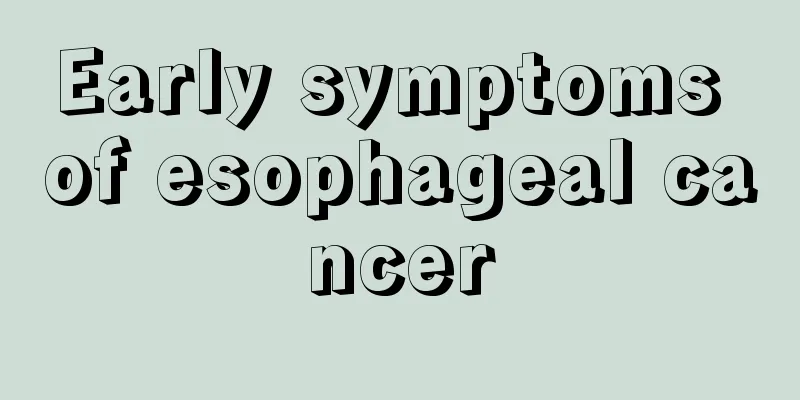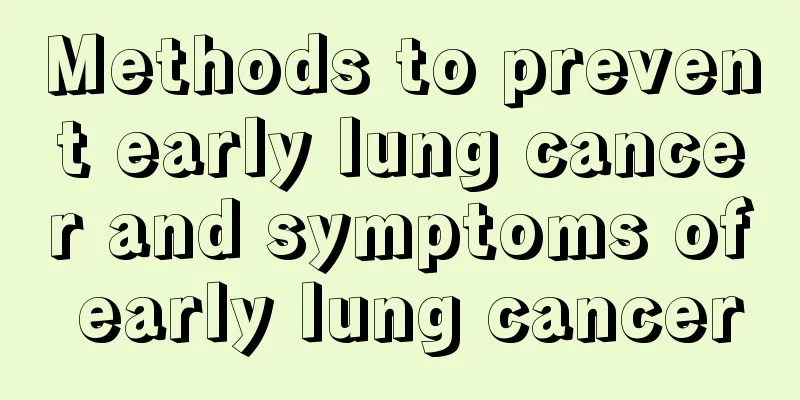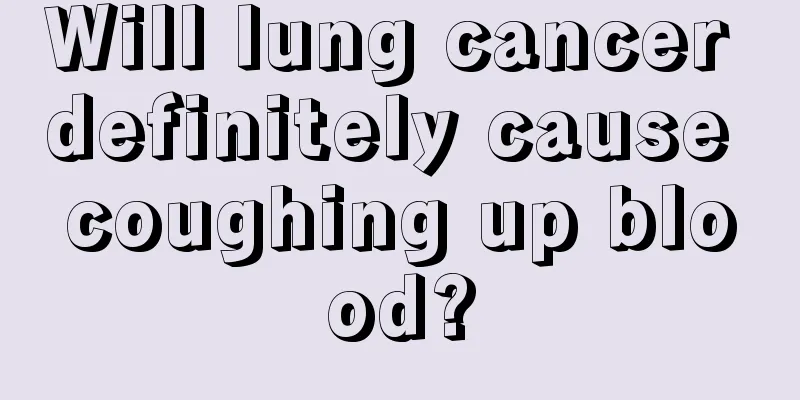What are the postoperative care measures for cardiac cancer?

|
Surgical treatment of cardiac cancer is the first choice for patients. Surgery can effectively cure this disease, but many patients suffer from the surgical effect due to improper postoperative care. The following is a detailed introduction to the postoperative care of cardiac cancer. Hello, the postoperative care measures for cardiac cancer are: 1. Keep the gastrointestinal decompression tube unobstructed. A small amount of blood drained out 24 to 48 hours after surgery should be considered normal. If a large amount of blood is drained, report it to the doctor immediately. The gastrointestinal decompression tube should be retained for 3 to 5 days to reduce the tension of the anastomosis and facilitate healing. Pay attention to the accurate connection of the gastric tube, firm fixation, prevention of dislocation, and smooth drainage. 2. Closely observe the amount and nature of chest drainage. If abnormal bleeding, turbid fluid, food residue or chyle is found in the chest drainage fluid, it indicates active bleeding, esophageal anastomotic fistula or chylothorax in the chest cavity. Appropriate measures should be taken to make a clear diagnosis and treat it. If there is no abnormality, the drainage tube should be removed 1 to 3 days after surgery. 3. Postoperative care for cardiac cancer requires strict diet control. The esophagus lacks a serosal layer, so the anastomosis heals slowly. Postoperatively, patients should be strictly fasted and abstain from water. During the fasting period, intravenous fluids are given daily. For patients with a duodenal drip tube, nutrient solution can be dripped through the catheter after intestinal peristalsis is restored on the second day after surgery to reduce the amount of infusion. On the 5th day after surgery, if there is no special change in the condition, the patient can take milk orally, 60ml each time, every 2hl, and an equal amount of boiled water can be given during the interval. If there is no adverse reaction, the amount can be increased day by day. On the 10th to 12th day after surgery, a residue-free semi-liquid diet should be adopted, but care should be taken to avoid eating too fast and excessively. 4. Observe the symptoms of anastomotic fistula. The clinical manifestations of esophageal anastomotic fistula include high fever, rapid pulse, dyspnea, severe chest pain, unbearable pain, low breath sounds on the affected side, dull percussion sound, elevated white blood cells and even shock. Treatment principles: ① Drain the pleural cavity to promote lung expansion, ② Select effective antibiotics to fight infection, ③ Supplement adequate nutrition and calories. Currently, total enteral nutrition (TEN) is often used for feeding through gastrostomy, which has a definite and satisfactory effect. This is all we have to say about postoperative care for cardiac cancer. We hope that the above content can be helpful to patients. If you have any other questions, please consult online experts. Cardiac cancer: http://www..com.cn/zhongliu/bma/ |
>>: Nursing methods after chemotherapy for cardiac cancer
Recommend
Can I have sex when I am more than 40 days pregnant?
When a woman is more than 40 days pregnant, some ...
What is Yinqiao disease
Most people may have only a vague understanding o...
What should I eat if I have teratoma
Teratoma is a type of tumor. Clinically, this tum...
How to restore bulging eyes due to myopia
Whether for teenagers who are in the learning sta...
Can Coke help sober you up
Nowadays, many people have begun to focus on spir...
What are the main treatments for brain cancer?
What are the main treatments for brain cancer? I ...
How to remove tongue coating and bad breath, one method can solve it
If you suffer from bad breath, not only will it m...
What are the auxiliary treatments after lung cancer surgery?
After lung cancer surgery, in addition to convent...
What are the main causes of bone cancer
Bone cancer mainly refers to the skeletal system,...
Do I need calcium supplements if I exercise regularly?
Everyone knows the importance of calcium suppleme...
Reasons why the air conditioner does not heat
Air conditioning is a common household appliance ...
Is esophageal cancer metastasis to the liver contagious?
Although esophageal cancer is a common and extrem...
Can I have surgery if I have inflammation?
Among the many surgeries, appendectomy is probabl...
Are the white spots on my face roundworms?
Many people have white spots on their faces, but ...
Does drinking tea regularly have an impact on the kidneys?
Tea is a very important material in life and is k...









